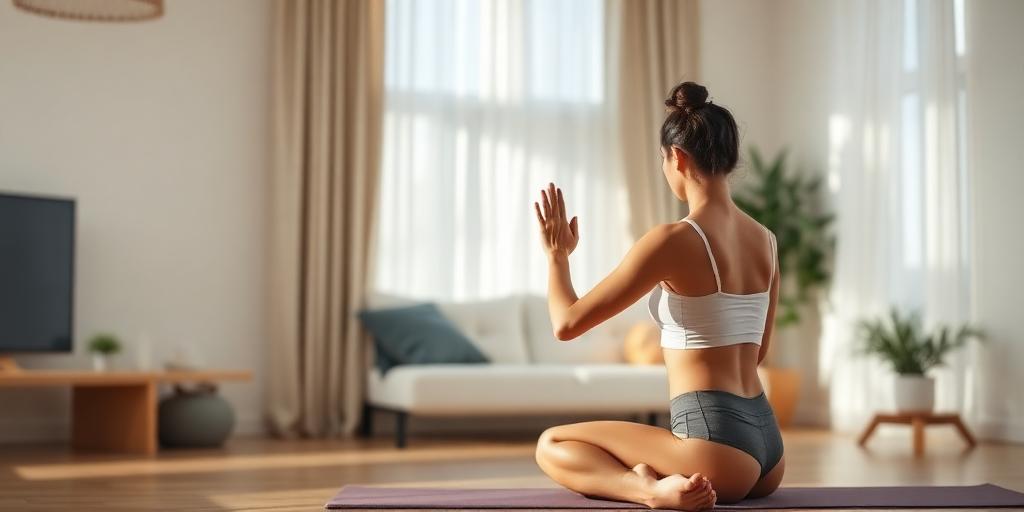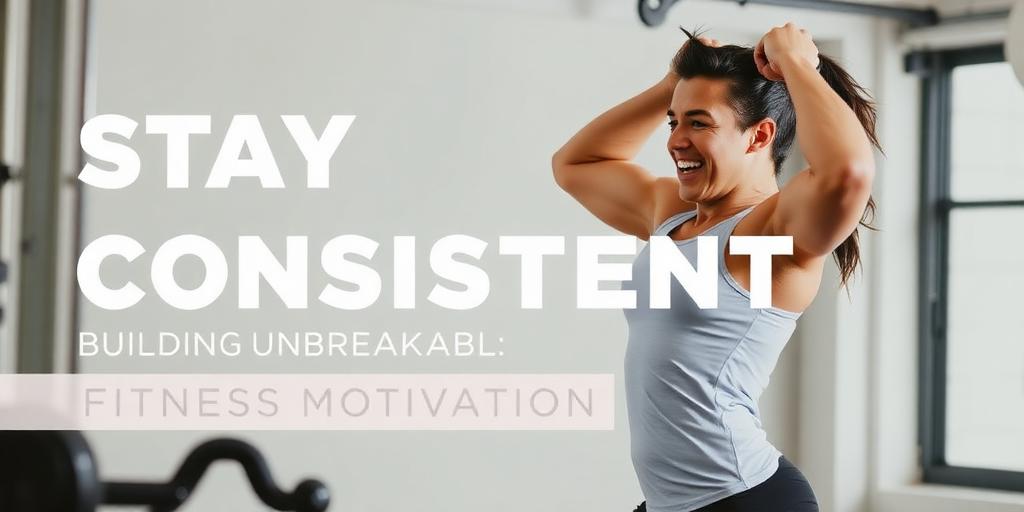Fitness Motivation & Mindset for Introverts
Introverts often find the typical fitness advice geared towards extroverts doesn't quite resonate. Group classes, high-energy environments, and constant socializing can be draining rather than motivating. This guide provides tailored strategies to help introverts build a sustainable fitness routine that aligns with their personalities and preferences.
Understanding the Introverted Mindset
Introverts gain energy from solitude and reflection, while extroverts thrive in social settings. When it comes to fitness, this means introverts may prefer:
- Solo workouts: Exercising alone allows for introspection and focus without external distractions.
- Quiet environments: Gyms with fewer people or outdoor settings can be more appealing.
- Structured routines: Predictability reduces decision fatigue and anxiety.
- Goal-oriented activities: Tracking progress provides a sense of accomplishment and intrinsic motivation.
Strategies for Building Fitness Motivation
Find Activities You Genuinely Enjoy:
- Explore diverse options: Don't limit yourself to traditional gym workouts. Consider hiking, swimming, cycling, yoga, or even dancing in your living room.
- Experiment: Try different activities until you discover what sparks your interest and keeps you engaged.
Create a Personalized Workout Space:
- Home gym setup: Designate a space in your home for exercise, equipped with the essentials you need.
- Comfort and privacy: Ensure the area is comfortable, quiet, and free from interruptions.
Set Realistic and Achievable Goals:
- Small, incremental steps: Start with manageable goals, such as exercising for 15-20 minutes a few times a week.
- Track your progress: Use a fitness tracker, journal, or app to monitor your achievements and stay motivated.
Embrace Technology for Connection (on Your Terms):
- Online fitness communities: Join online groups or forums where you can connect with like-minded individuals without the pressure of in-person interaction.
- Virtual personal training: Work with a trainer remotely for personalized guidance and accountability.
Prioritize Self-Care and Recovery:
- Rest and relaxation: Schedule time for activities that help you recharge, such as reading, meditation, or spending time in nature.
- Mindful movement: Incorporate practices like yoga or Tai Chi to promote physical and mental well-being.
Overcoming Common Challenges
- Social Anxiety:
- Plan your workouts: Choose off-peak hours or quiet locations to minimize social interactions.
- Wear headphones: Signal that you prefer to focus on your workout and limit conversations.
- Lack of Motivation:
- Find an accountability partner (introvert-friendly): Connect with someone who understands your needs and can provide support without being overbearing.
- Reward yourself: Celebrate your progress with non-food rewards that align with your interests.
- Fear of Judgment:
- Focus on your own journey: Remember that everyone starts somewhere, and your fitness journey is unique to you.
- Practice self-compassion: Be kind to yourself and acknowledge that setbacks are a normal part of the process.
Conclusion
Fitness motivation for introverts is about creating a sustainable routine that respects your need for solitude, reflection, and quiet. By understanding your unique preferences and tailoring your approach accordingly, you can build a fulfilling and enjoyable fitness journey that enhances your overall well-being.









